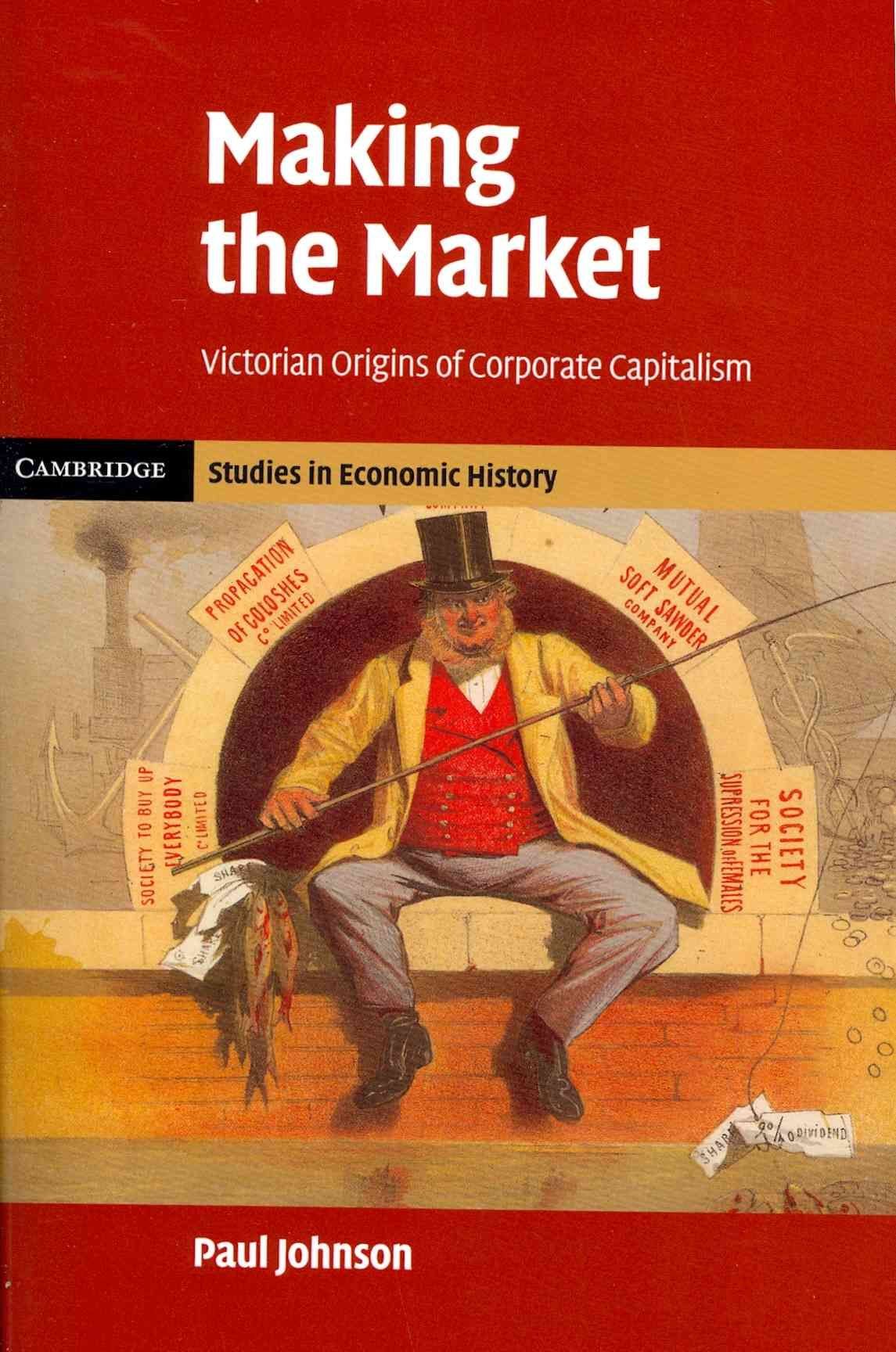Corporate capitalism was invented in nineteenth-century Britain; most of the market institutions that we take for granted today - limited companies, shares, stock markets, accountants, financial newspapers - were Victorian creations. So were the moral codes, the behavioural assumptions, the rules of thumb and the unspoken agreements that made this market structure work. This innovative study provides the first integrated analysis of the origin of these formative capitalist institutions, and reveals why they were conceived and how they were constructed. It explores the moral, economic and legal assumptions that supported this formal institutional structure, and which continue to shape the corporate economy of today. Tracing the institutional growth of the corporate economy in Victorian Britain and demonstrating that many of the perceived problems of modern capitalism - financial fraud, reckless speculation, excessive remuneration - have clear historical precedents, this is a major contribution to the economic history of modern Britain.












